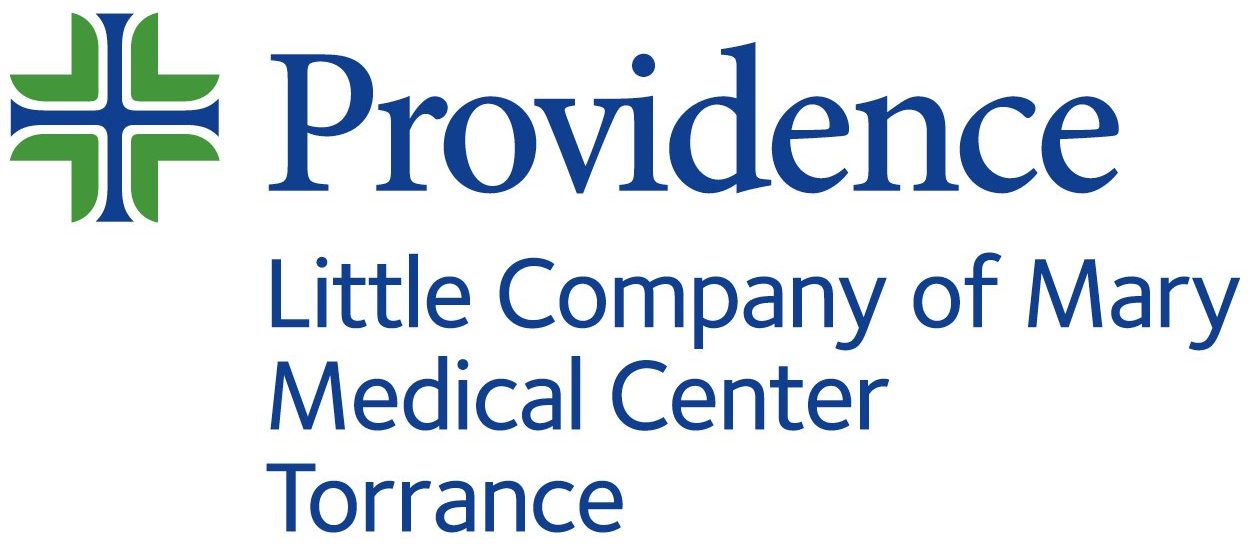Adult Vaccines

Which Vaccines You Need to Protect Your Health
Vaccines work with your immune system to help protect you and others around you from infections and disease. As you age, you’re more at risk of certain health conditions because your immune system isn’t as strong as it used to be. And if you do get sick, the symptoms can be more serious.
Four types of vaccines are especially important for older adults, including:
COVID-19 Vaccine—The COVID-19 vaccines and boosters can help protect you from the virus and reduce community spread. Talk to your doctor or visit
cdc.gov/coronavirus/2019-ncov/vaccines to find out which vaccines you need, how many doses, and when.
Influenza Vaccine—The flu vaccine is recommended for all ages every year, and there are special vaccines for adults over age 65. You need the vaccine every year because the flu virus changes over time.
Shingles or Herpes Zoster Vaccine—The CDC recommends a shingles vaccine called Shingrix for all adults age 50 and older—even if you've already had shingles or received the older vaccine. You'll need two doses, two to six months apart.
Pneumococcal Vaccine—Pneumococcal vaccines can prevent serious infections like pneumonia and meningitis. If you are over age 65, ask your doctor which pneumococcal vaccine(s) might work best for you.
Feeling Unsure?
It's okay to have questions about new vaccines. But make sure you rely on sources that tell you the truth—like a doctor you trust or reliable websites like the CDC (cdc.gov) or the World Health Organization (who.int). Social media is often not a reliable source for vaccine information.
Talk to Your Doctor
Your doctor is your best source for information about vaccines. Which vaccines you need and when depend on your age, whether you smoke, where you travel and any health conditions you have (including pregnancy). Talk to your doctor to find the vaccine schedule that's right for you.


